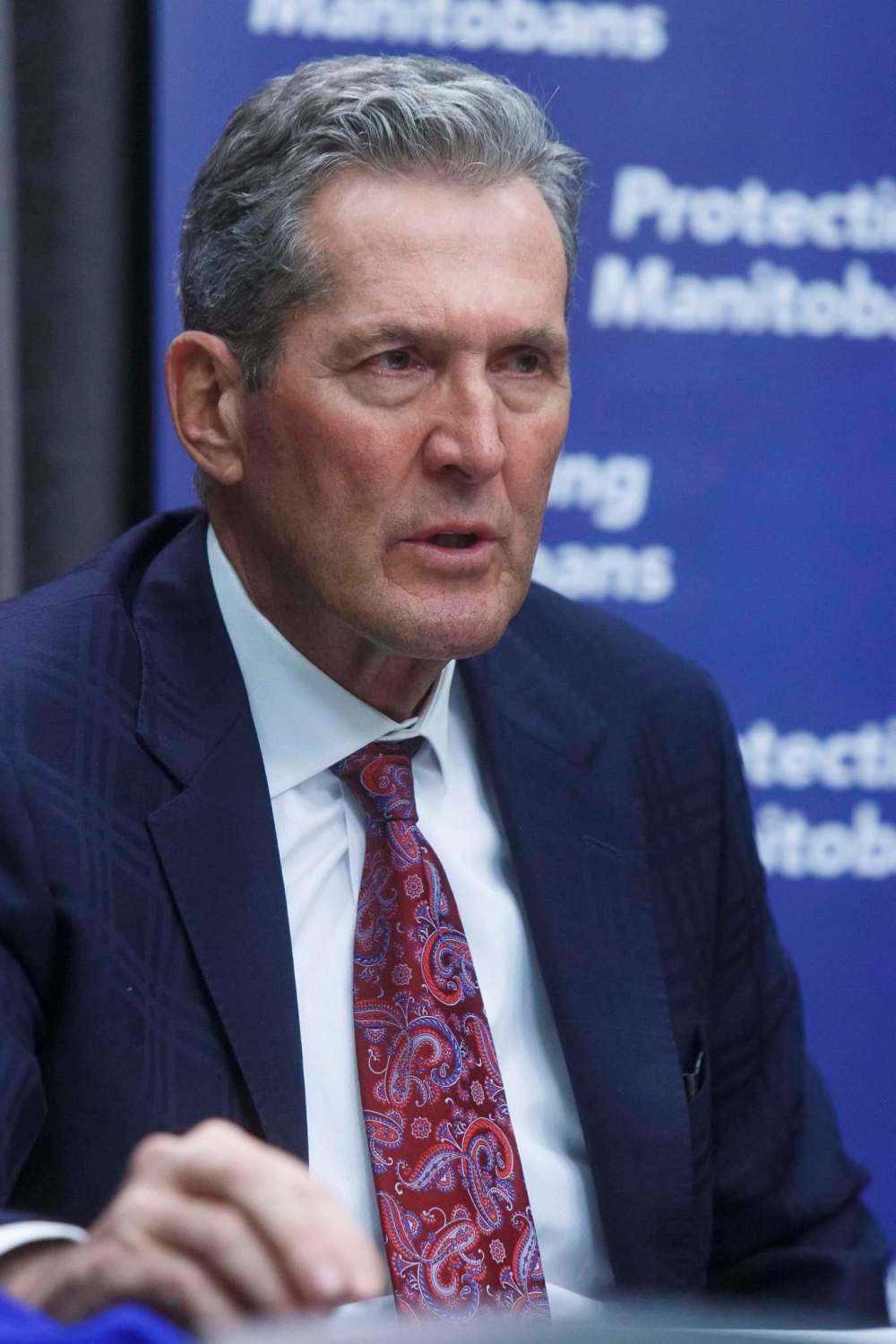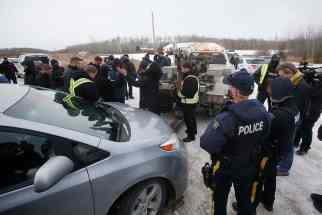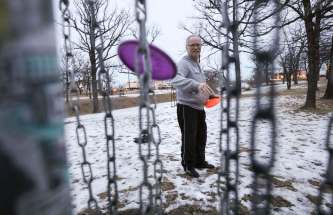Vaccine offers chance to make amends
Read this article for free:
or
Already have an account? Log in here »
To continue reading, please subscribe:
Monthly Digital Subscription
$0 for the first 4 weeks*
- Enjoy unlimited reading on winnipegfreepress.com
- Read the E-Edition, our digital replica newspaper
- Access News Break, our award-winning app
- Play interactive puzzles
*No charge for 4 weeks then price increases to the regular rate of $19.00 plus GST every four weeks. Offer available to new and qualified returning subscribers only. Cancel any time.
Monthly Digital Subscription
$4.75/week*
- Enjoy unlimited reading on winnipegfreepress.com
- Read the E-Edition, our digital replica newspaper
- Access News Break, our award-winning app
- Play interactive puzzles
*Billed as $19 plus GST every four weeks. Cancel any time.
To continue reading, please subscribe:
Add Free Press access to your Brandon Sun subscription for only an additional
$1 for the first 4 weeks*
*Your next subscription payment will increase by $1.00 and you will be charged $16.99 plus GST for four weeks. After four weeks, your payment will increase to $23.99 plus GST every four weeks.
Read unlimited articles for free today:
or
Already have an account? Log in here »
Hey there, time traveller!
This article was published 09/12/2020 (1828 days ago), so information in it may no longer be current.
Speeding its way toward Manitoba is an opportunity for redemption for the Brian Pallister government.
Ultra-cold freezers containing this province’s first batches of COVID-19 vaccine are expected to arrive in Manitoba next week, bringing hope that Manitoba will return to some semblance of the pre-pandemic norm. The pandemic’s end won’t be immediate — it will apparently be many months before most Manitobans are offered the vaccine — but it’s now possible to forsee a time when businesses will reopen, faith institutions can gather, social rituals such as weddings and funerals can resume, schools can have full in-person classes and the daily death toll of COVID-19 victims will end.
Before that eagerly-awaited scenario, however, comes the complex mission of distributing the vaccine, and vaccinating Manitobans in an order of priority that is reasonable and fair. Much of the vaccine management will be up to the provincial government, which would be well advised to view the challenge as an opportunity to apply lessons learned from earlier pandemic mistakes.
In the court of public opinion, the Pallister government lost the trust of a majority of Manitobas during the second wave of the COVID-19 crisis, according to indicators such as an Angus Reid survey released last week that showed that only 32 per cent of Manitobans approve of their premier, the lowest rate in Canada.
All Manitobans, and undoubtedly the government itself, would be pleased to see a return of that trust, owing to competent management of the vaccination stage of the pandemic. But the task involves complex logistics before Manitobans can roll up their sleeves and get jabbed.
Prime Minister Justin Trudeau announced Monday that several hundred thousand doses of the Pfizer COVID-19 vaccine will be available in Canada within weeks. The temperature constraints — this particular vaccine must be stored at -70C — will make it challenging to transport between distribution centres and residents of long-term care homes, who, together with front-line health workers, are expected to be among the first to get the vaccine.
The inoculation program will allow the province to improve on its slipshod leadership in autumn, when the second wave raged through Manitoba without adequate staff to run testing sites and contract tracing. The province should already be developing a detailed plan that includes seconding and training adequate health-care staff for the two-shot inoculation.
Finding trained staff will be particularly challenging, as health staffing is already taxed to the limit with fighting the COVID-19 rate that remains dangerously high.

Another area in which the province can learn from its initial pandemic missteps is in communication. The regular pandemic briefings often turn into exercises of evasion as officials sidestep legitimate questions from journalists who, on behalf of the public, ask about such critical topics as modelling, staffing and contact tracing. Such secrecy is surely a factor the public’s trust in government having plunged precipitously.
Going forward, the Pallister government can regain trust by being more open and transparent, even about its failings. Manitobans can accept that its officials are not flawless in addressing such an unprecedented challenge, but they are less understanding when officials withhold crucial information to protect their political reputations.
The prime minister on Monday called what’s about to unfold “the largest mobilization of vaccines in Canada’s history.”
This historic challenge is the type on which political legacies are built. It’s an opportunity for Mr. Pallister to rectify his government’s sub-par handling of the second wave and be remembered for a first-rate vaccination blitz that rescued Manitoba from COVID-19.








